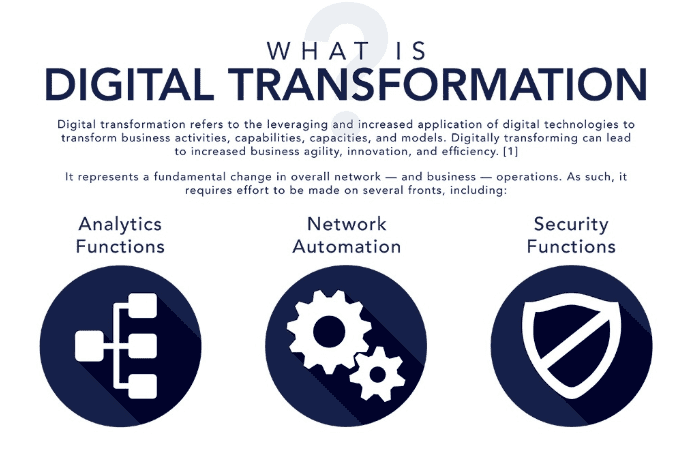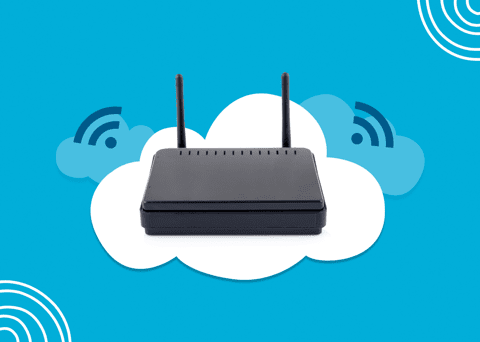
Agentic AI & Autonomous IT Operations are quickly becoming defining trends in enterprise technology. Gartner highlights the rise of intelligent agents that can operate with autonomy, learn from interactions, and make AI-driven decisions based on real-time data. Unlike traditional automation tools, these agentic AI systems can continuously monitor environments, adapt strategies, and reduce the burden on IT teams by moving beyond simple rules-based tasks.
This trend report explores how organizations are implementing agentic AI, the benefits and challenges, and what it means for the future of IT operations.
From Rules-Based Automation to Agentic AI Work
For decades, IT operations relied on rules-based systems. While effective for repeatable tasks, these solutions lacked adaptability and required constant human oversight. Agentic AI represents a significant shift. Instead of being confined to static rules, AI agents learn continuously, interpret context, and make informed decisions in complex IT environments.
This evolution is reshaping operational efficiency, offering improved service quality and reducing downtime by acting proactively rather than reactively.
Implementing Agentic AI in IT Operations
Organizations implementing agentic AI must recognize its transformative power. Successful deployment requires balancing autonomy with human oversight to ensure safe, ethical, and aligned outcomes.
Key implementation considerations include:
- Continuous monitoring: Agentic AI systems track IT performance, identifying anomalies in real time.
- Learning from interactions: Intelligent agents adapt and improve based on operational history.
- AI-driven decisions: By acting on live data, systems deliver precise responses to emerging issues.
- Automation tools integration: Blending existing IT workflows with autonomous AI for seamless adoption.
This approach allows enterprises to implement agentic AI while maintaining resilience and governance.
Use Cases Driving Adoption
Leading enterprises are already deploying agentic AI work across IT operations. Examples include:
- Incident management: Autonomous AI can detect and resolve outages before they escalate, minimizing business disruption.
- Security operations: AI agents in cybersecurity reduce the burden on analysts by filtering alerts, assessing risk, and responding in real time.
- Field operations: Telecommunications and utilities leverage agentic AI to empower field technicians with predictive insights and adaptive support.
- Distributed IT environments: Enterprises use agentic AI systems to automate complex infrastructure tasks across multiple geographies.
These use cases highlight the value of AI-driven operations in delivering agility, scalability, and improved service quality.
The Role of Human Oversight
Despite the promise of autonomy, human oversight remains essential. Gartner stresses that constant human involvement ensures AI operates within business and ethical boundaries. Humans define goals, establish accountability, and provide corrective input when AI encounters ambiguous or high-risk situations.
The future of autonomous AI in IT operations lies not in replacing human expertise but in amplifying it. By combining informed decisions made by AI with strategic human judgment, organizations achieve balanced operational excellence.
Continuous Learning and the Future of IT Operations
A defining feature of agentic AI systems is continuous learning. Unlike static automation tools, intelligent agents refine their strategies based on feedback, evolving with changing IT landscapes. This means operations become more adaptive, resilient, and aligned with long-term business goals.
What to expect in the future:
- Greater autonomy in IT operations driven by intelligent agents.
- Wider adoption of AI-powered tools to support distributed enterprises.
- Industry standards emerging around human oversight and governance.
- Organizations embedding agentic AI across IT functions for improved service quality.
As Gartner notes, the shift toward agentic AI & Autonomous IT Operations is not just a trend but a long-term evolution in enterprise strategy.
The Rise of Agentic AI is here
The rise of agentic AI & Autonomous IT Operations marks a turning point in enterprise IT. By implementing agentic AI systems that continuously monitor, learn, and make AI-driven decisions, organizations can reduce the burden on IT teams, improve service quality, and respond with agility to dynamic environments.
While human oversight remains critical, the combination of intelligent agents and autonomous AI is creating a new era of IT operations. This era is defined by adaptability, resilience, and informed decision-making based on real-time data.




![[Infographic] Downtime & You: Not If, But When](https://blog.mho.com/wp-content/uploads/2018/02/Screenshot-2025-06-24-141302.png)
